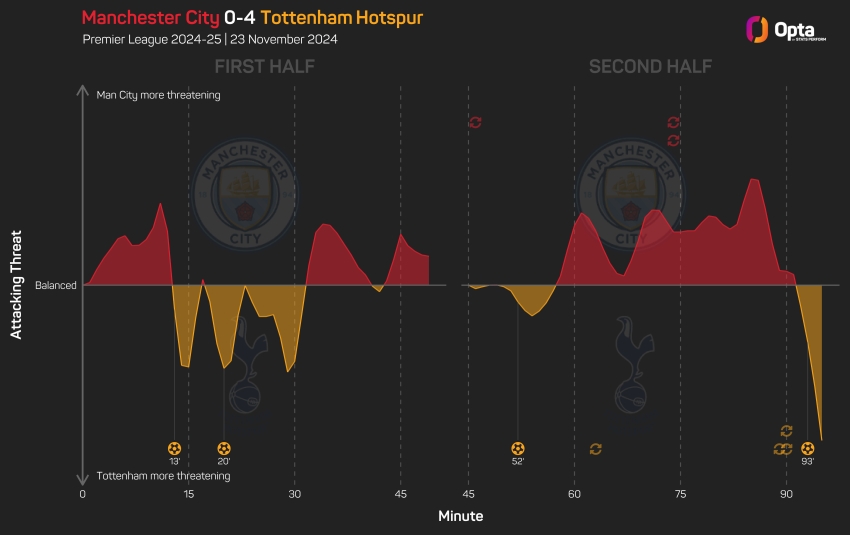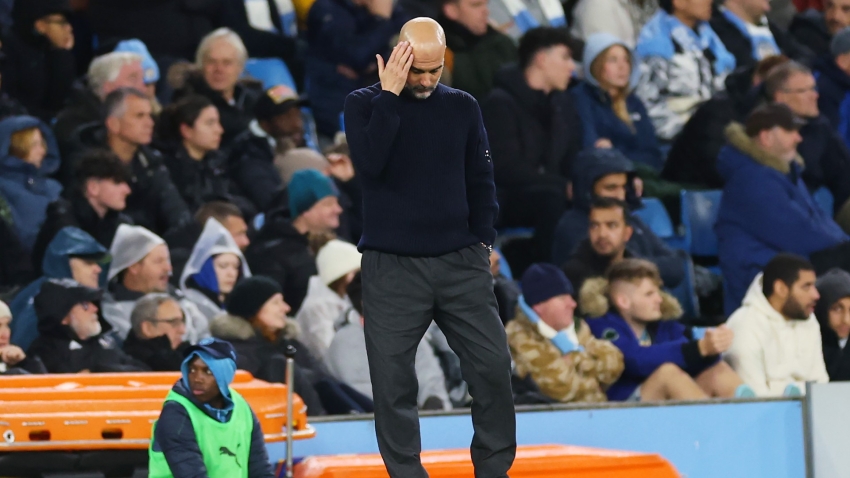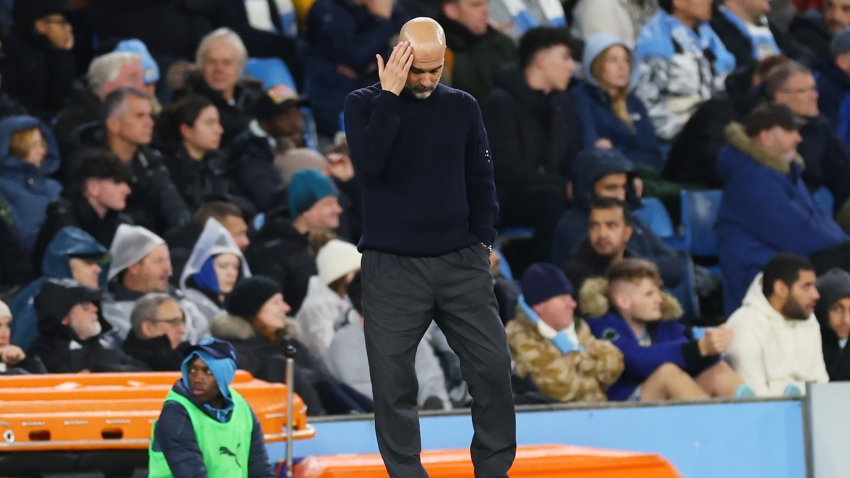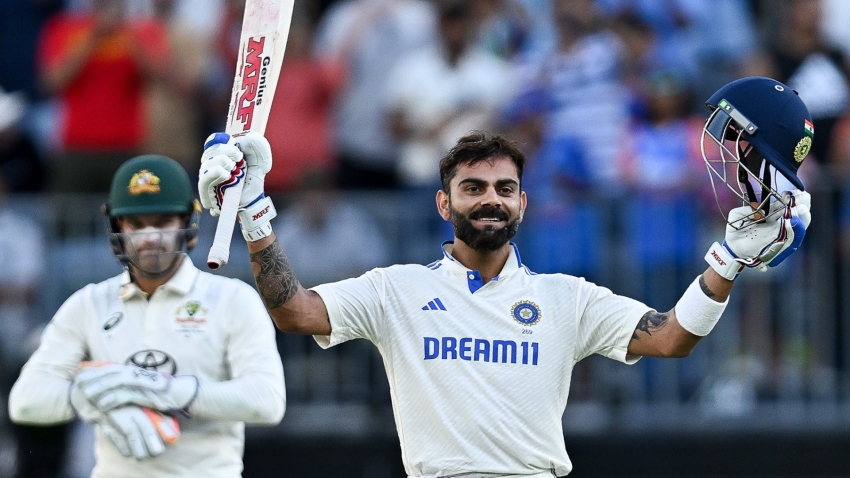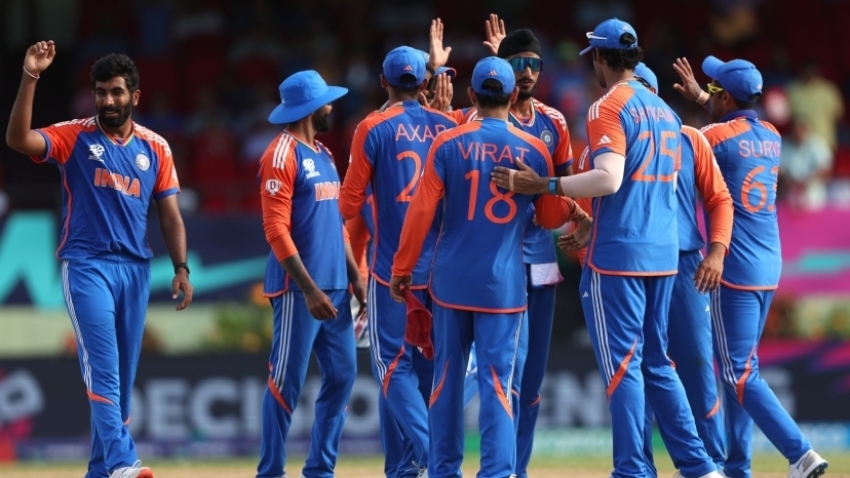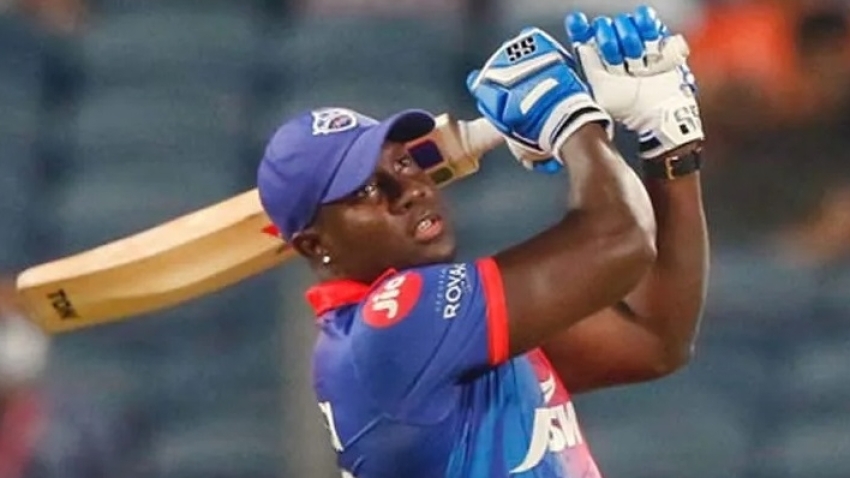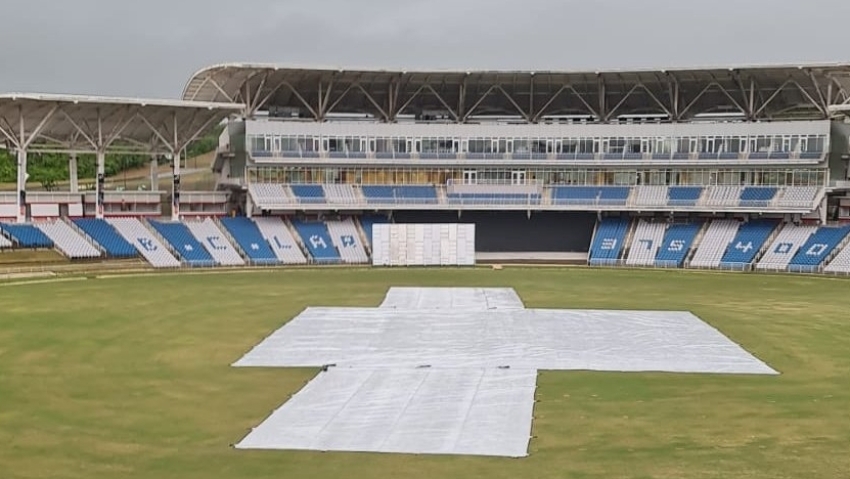India reached the T20 World Cup final in style as they hammered defending champions England by 68 runs on Thursday.
In a rain-delayed semi-final clash at Guayana National Stadium, an England batting collapse, combined with lethal bowling from Kuldeep Yadav (3-19), Axar Patel (3-23) and Jasprit Bumrah (2-13) ensured tournament favourites India will face South Africa in the showpiece match on Saturday.
Captain Rohit Sharma struck 57 and Suryakumar Yadav plundered 47 as India put on 171-7 from their 20 overs.
England's chase started brightly as skipper Jos Buttler reeled off a series of fours in swift succession, yet his stand lasted just 15 deliveries.
And from losing Buttler with the 19th ball of their innings, England's top order capitulated, with Phil Salt, Jonny Bairstow, Moeen Ali and Sam Curran all following their captain in heading for the pavilion within seven overs.
Harry Brook offered more resistance with a spirited 25, but the damage was already done by the time he was sent packing in the 11th over.
Liam Livingstone and Adil Rashid were run out in the space of three deliveries, and though Jofra Archer rallied with a pair of sixes, England's dismal day came to an end when he was pitched leg-before-wicket by Bumrah.
It marked a memorable triumph for India as they gained a measure of revenge for their 10-wicket loss to England at the same stage in 2022, and the Proteas – who thrashed Afghanistan earlier in the day – are all that stand between them and the trophy.
Data Debrief: Recent history means nothing
India had lost their last two T20 World Cup semi-finals, having batted first on each of those occasions too, but they banished those demons in emphatic fashion this time around.
England had won three of their last four such matches, having bowled first in each of those games, but that record did not continue.
Buttler's future is uncertain, though he did at least take a slice of history with him, with his knock of 23 ensuring he became the fourth England player to score 1,000 runs at the T20 World Cup (1,013).









